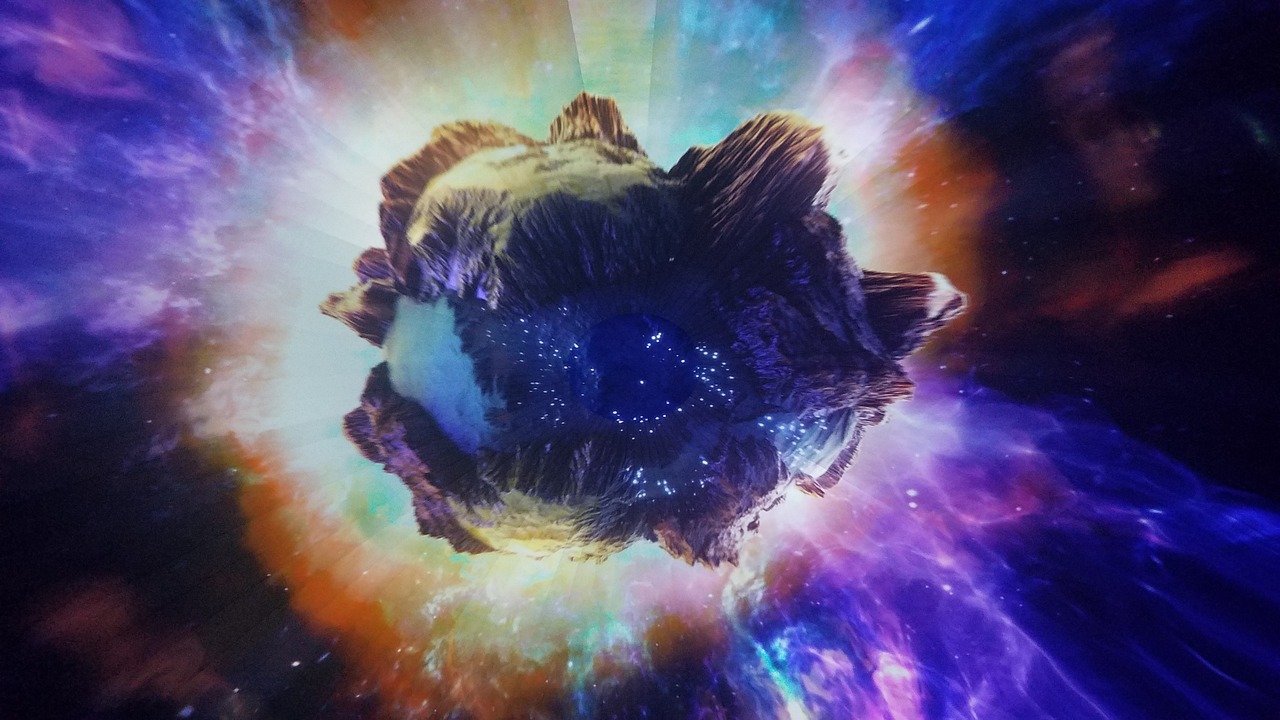A huge tidal wave, roiling oceans, and a sky darkened by a thick blanket of dust: this is the dramatic scenario that marked the history of our planet over 3 billion years ago, when an asteroid, with a diameter 200 times greater than that which led to the extinction of the dinosaurs, hit the Earth. This catastrophic event, paradoxically, contributed to the birth of life, still in its most primitive forms.
The reconstruction of these events was carried out by a team led by Nadja Drabon of Harvard University and the results were published in the journal of the National Academy of Sciences of the United States. In its first billion years, our planet suffered numerous impacts from large asteroids and comets. Some of these impacts were so violent that one of them gave birth to the Moon.
Reconstructing the details of this tumultuous period is no easy task, but researchers have painstakingly studied rock samples from the Barberton Greenstone Belt in South Africa—one of the oldest areas of the Earth’s crust—and found clear evidence of one of the devastating impacts. It turns out that about 3.26 billion years ago, the Earth was hit by a meteorite with a diameter of approximately 50 kilometers, a full 200 times larger than the one that caused the extinction of the dinosaurs about 60 million years ago. Analysis of metals, dust, and isotopes revealed that the impact generated a giant tsunami, and the heat released caused the oceans to boil.
This catastrophic event, known as S2, raised enormous masses of material that darkened the atmosphere for years. This darkness prevented photosynthesis in autotrophic organisms such as plants and disrupted marine ecosystems by mixing nutrients such as iron and phosphorus into the seabed. This violent transformation may have paradoxically stimulated an increase in biodiversity, leading to the emergence of multiple life forms that for several million years depended mainly on iron for survival. Although some microorganisms suffered disadvantages due to the new competition generated by the impact, this same competition strengthened their resilience and contributed to the subsequent development of the life forms currently known.
In conclusion, the S2 impact represents not only a crucial moment in the history of the Earth but also a starting point for the evolution of life on our planet. This catastrophic event profoundly affected the marine ecosystems of the time and had lasting repercussions on the course of biological evolution.


